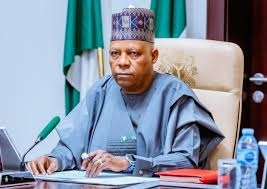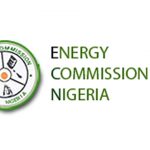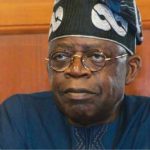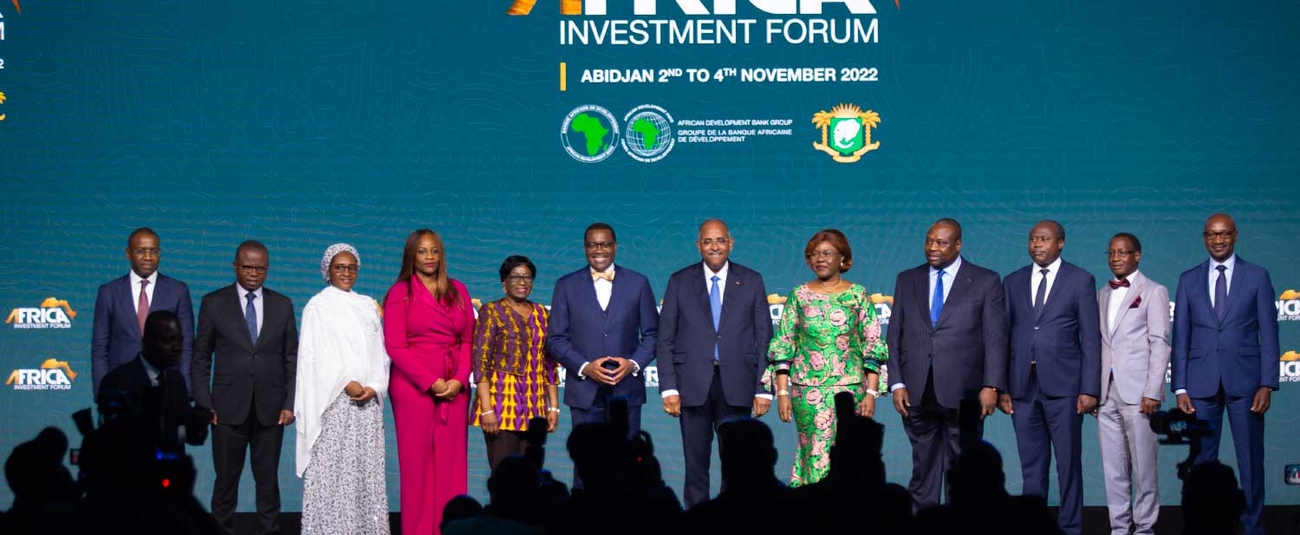Nigeria’s energy transition blueprint is projected to unlock over $410 billion in investments by 2060, positioning the country as Africa’s renewable energy hub. Vice President Kashim Shettima disclosed this on Monday during the inaugural Nigerian Renewable Energy Innovation Forum (NREIF) 2025 in Abuja.
Shettima said the Tinubu administration is committed to harnessing Nigeria’s clean energy potential to drive industrial growth, inclusion, and sustainable development. According to him, the long-term goal is to develop a 277-gigawatt power system by 2060, powered by innovation, local manufacturing, and private capital.
He explained that an estimated $23 billion will be needed in the short term to expand energy access and connect millions of Nigerians still living without electricity. “We are strengthening incentives for domestic production, simplifying regulatory processes, and deepening partnerships with state governments and international investors to accelerate the country’s transition to clean energy,” he said.
The Vice President emphasized that these reforms aim to de-risk investment and fast-track the emergence of a self-sustaining renewable energy market capable of creating jobs and diversifying the economy.
Shettima revealed that engagements through the NREIF have already mobilized over $400 million into Nigeria’s renewable energy manufacturing value chain, spanning solar panel production, smart meters, battery storage, and recycling facilities. He noted that these investments are expected to create over 1,500 direct jobs across multiple states, marking a major milestone in the country’s clean energy transition.
The forum brought together key stakeholders, including the Minister of Power, Adebayo Adelabu, and the Managing Director of the Rural Electrification Agency (REA), Abba Aliyu, who both described the event as a turning point in Nigeria’s renewable energy drive.
It also witnessed the signing of multi-million-dollar Memoranda of Understanding between Nigerian states, the REA, and international partners such as the Dutch government, signaling renewed global confidence in Nigeria’s green energy market.
“This marks a new chapter in Nigeria’s journey towards a secure, inclusive, and green energy future,” Shettima said.
Earlier in August, REA’s Managing Director, Abba Aliyu, described solar energy as the most economically viable model for powering Nigeria’s rural and urban communities. Speaking on Channels Television’s “Morning Brief” programme, he added that the agency is exploring wind, biomass, and other renewable sources following a recent MoU with the Nigerian Wind Energy Council to develop small-scale wind infrastructure projects.










